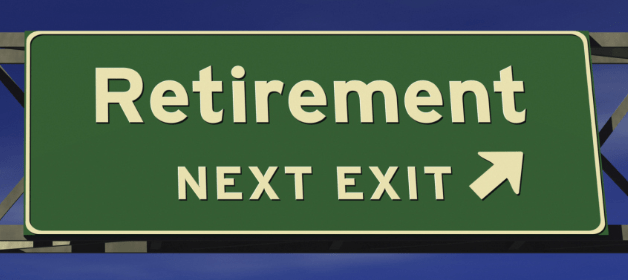What Are Your Options?
What is the best investment plan to use to save for retirement? It used to be fairly simple; the answer was maximizing your RRSP. Do you know what is the best strategy for your situation? Do you know what your options are?
Here is a basic overview:
1. Save – The first rule of thumb to be concerned about is that you are saving money for your future. Too many Canadians are spending all of what they earn and not putting away any money for their future. A good place to start is to aim at putting away 10% of what you make.
2. Tax Efficient – Ever since the launch of the TFSA, there has been a debate by financial professionals over which investment plan is more tax efficient to use, the RRSP or TFSA? My opinion is that it depends on your situation both now and in the future and should be looked at on a case-by-case basis to see what fits best. I would be cautious if a financial advisor is always only promoting one plan type over the other, both have their benefits. (For more info on TFSAs, see my article from Sept 2013 – http://jaybrecknell.ca/demystifying-tfsa/)
3. Business Owner – If you are a business owner the question can get even more complex as you have more options. Should you use your RRSP, TFSA or instead save your retirement funds in a holding company? Since corporate tax rates are at an all time low in Canada more business owners are saving corporately versus in a RRSP or TFSA. There can be many benefits to saving corporately as it can provide flexibility to the business owner. As this can be complex it needs to be put together by a professional that understands your corporate structure and the tax and legal rules that are involved.
As with any financial strategy we would recommend ensuring that you have your personal situation reviewed by a professional to make sure that is done in the best way possible. If you have any questions or would like your plan reviewed feel free to contact us.





 2019 Singer Olfert Financial Group
2019 Singer Olfert Financial Group